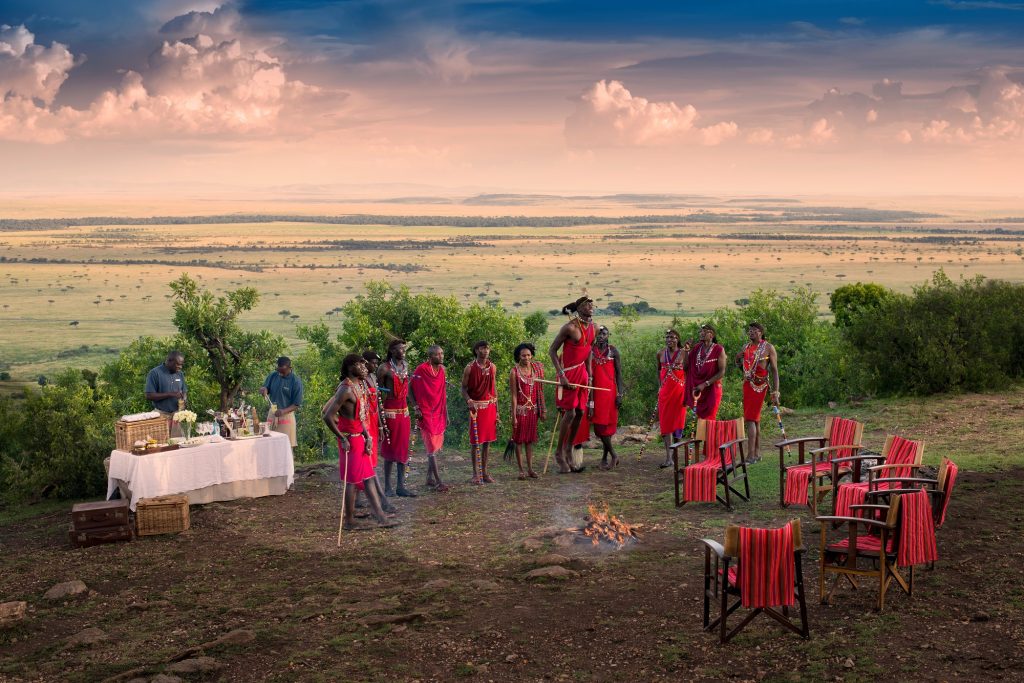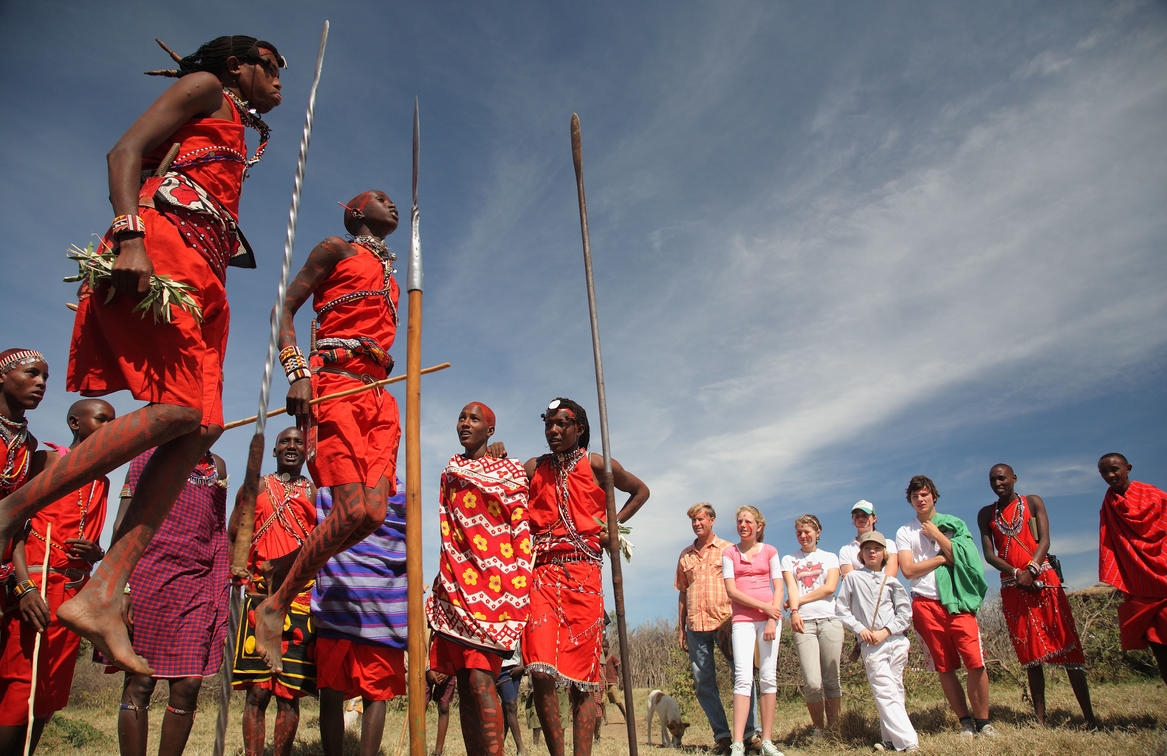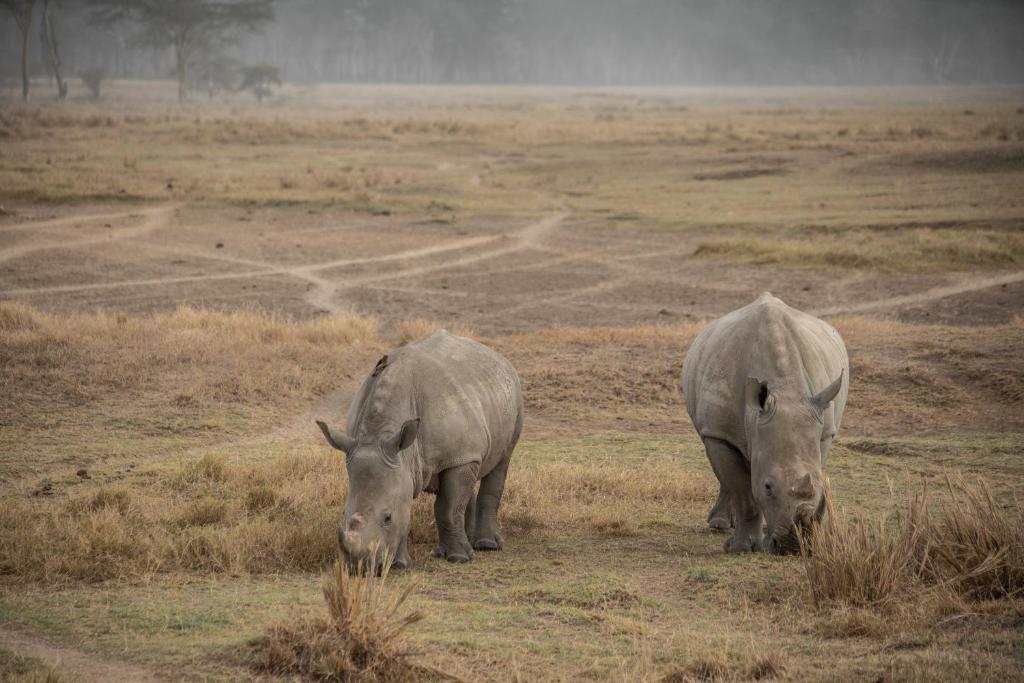Planning a safari in Kenya and Tanzania isn’t just about tracking the Big Five—it’s also about immersing yourself in rich local traditions and showing proper respect to the communities you visit. I still remember the first safari trip I had planned, where a client nearly made a faux pas by dressing inappropriately, and that experience taught me a lot about safari cultural etiquette. Over the years, while planning tours for travelers, I’ve learned and strived to understand cultural etiquette for different communities as it is essential for a smooth, respectful, and enriching adventure. In this guide, I’m sharing personal insights and practical tips to help you navigate local customs, from Swahili greetings to traditional attire, ensuring you’re prepared for every cultural interaction during your safari.
Understanding Local Culture and Customs

Before you step off the safari vehicle, it’s important to grasp the local culture and customs. In Kenya and Tanzania, traditions vary widely, with communities like the Maasai, Hadzabe, and Swahili each having their own unique practices. I’ve learned that familiarizing yourself with basic cultural norms can prevent misunderstandings and help you build genuine connections. It’s essential to remember that Kenya safari local customs and Tanzania safari cultural tips go hand in hand with wildlife viewing, adding depth to your overall experience in East Africa.
Greetings and Communication

One of the most valuable lessons I’ve come to learn is the power of a proper greeting. When you say “Jambo” or “Habari” with the right tone, it instantly sets a respectful vibe and opens doors for meaningful conversations. I’ve seen travelers get great reactions from locals simply because they took the time to learn a few words in Swahili. Using Swahili greetings while on safari not only shows your interest in local culture but also helps you build rapport with the local communities and it is very effective, in reinforcing respect in Kenya and Tanzania. greetings such as ‘sasa’ and ‘Jambo’ are great words that can open local interactions seamlessly.
Dress Code and Appropriate Behavior

Never make the mistake of dressing too casually, dress modestly as your appearance is highly valued during cultural visits. For instance, when visiting a Maasai village, wearing loose, neutral-colored clothing can help you blend in and show respect for local customs. This is part of the broader traditional etiquette in Kenya and Tanzania, where modest dress and proper attire are seen as a sign of respect. It’s all about balancing comfort with cultural sensitivity—think lightweight fabrics, long sleeves for sun protection, and a hat for both style and respect. By following these traditional attire safari tips, you’ll not only feel more confident but also more connected to the local culture.
Respecting Local Traditions and Customs

Engaging respectfully with indigenous customs is crucial. Always ask permission before taking photos of local people and be open to learning about their traditions, whether it’s a Maasai ritual or a Swahili cultural ceremony. Showing interest in indigenous customs safari and adhering to ethical safari travel guidelines can lead to unforgettable experiences. Demonstrating genuine curiosity and respectful communication is key—remember, culturally sensitive safari is not just a phrase but a way of travel that enriches both your journey and the lives of those you meet.
Practical Tips for Cultural Etiquette

Prepare in advance by researching local customs, and don’t hesitate to ask your guide for insights—they’re a gold mine of knowledge on cultural norms in both Kenya and Tanzania. I’ve found that carrying small tokens or gifts can help break the ice and show respect when visiting communities. Whether it’s a simple greeting, following cultural protocol safari guidelines, or understanding local customs tips, every little effort makes a big difference in how you’re received.
What to Avoid During Your Safari

There are a few common pitfalls to steer clear of, like ignoring the importance of modest dressing or not asking before taking photos. I’ve seen travelers get unintentionally disrespectful simply because they weren’t aware of local expectations. Avoid overstepping boundaries during cultural ceremonies or interactions, as these are sensitive moments where cultural awareness of East Africa truly matters.
Embracing cultural etiquette is essential for a truly immersive Kenya and Tanzania safari experience. By understanding local customs, using respectful greetings, dressing appropriately, and engaging thoughtfully with indigenous traditions, you not only enrich your journey but also build lasting, positive connections with the people you meet. Remember, effective kenya tanzania safari cultural etiquette is about respect and genuine interest in the local way of life. If you need further guidance on planning your safari adventure with a cultural focus, feel free to reach out—we’re here to help you create unforgettable experiences in East Africa!




